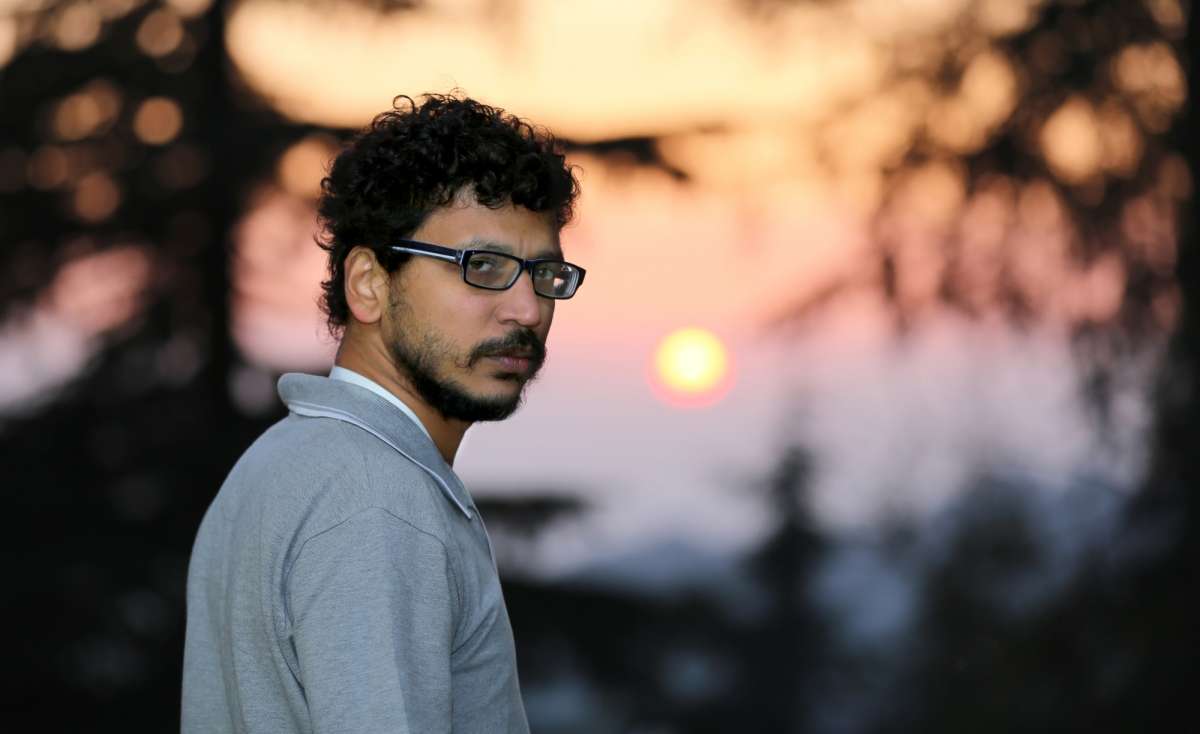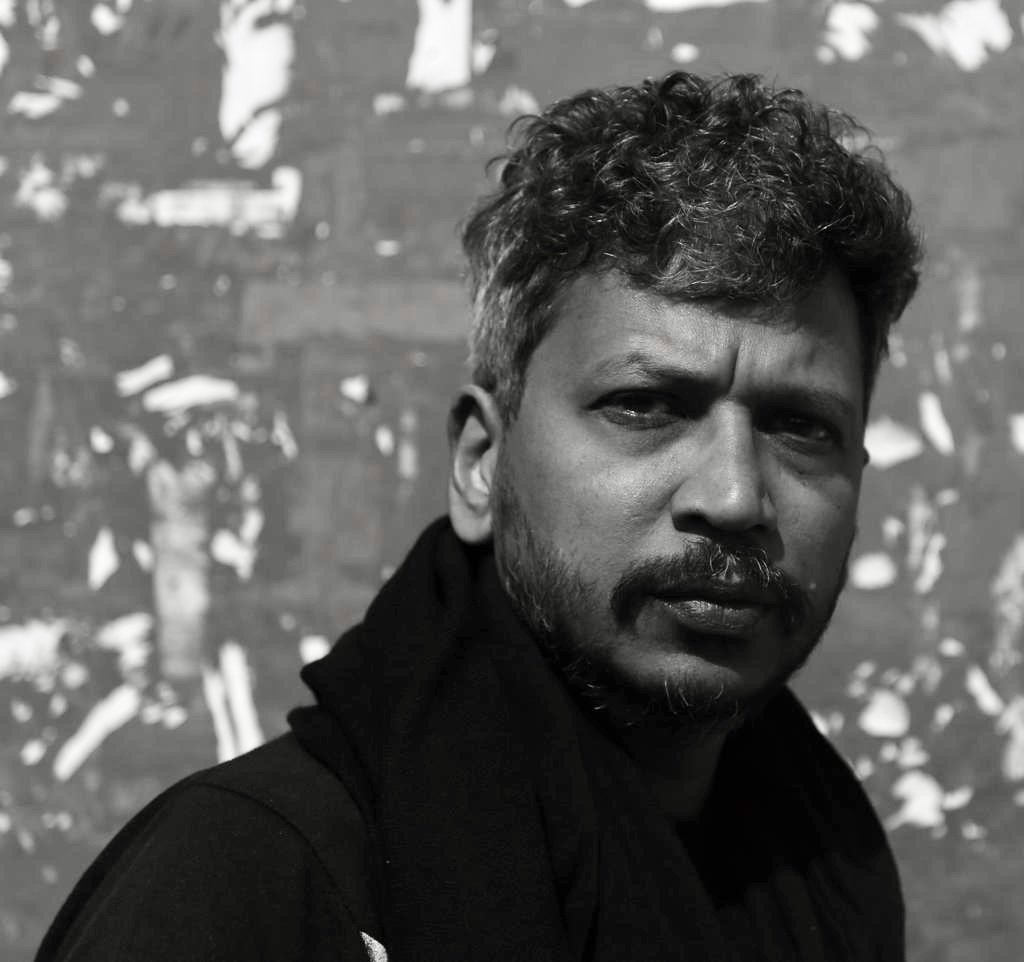While the film will have its India premiere at NFAI on April 11, there will be a special screening for guests in Mumbai on April 12…writes Sukant Deepak
Known for his socially relevant films and for playing a crucial role in the revival of contemporary Marathi cinema, filmmaker Umesh Kulkarni’s latest Short ‘U=Me’, focussing on destigmatisation of AIDS, will be released on YouTube on April 11. It all started when Dr.Sanjay Pujari from Pune who has worked with infectious diseases for over a quarter of a century approached veteran actor Dr. Mohan Agash who recommended Kulkarni for the project. “In fact, Dr.Pujari is himself a cinema buff and understands the reach of this medium,” Kulkarni tells.
Adding that it was an intentional decision to release the Short, which has been to multiple film festivals abroad, on YouTube, the director states: “We wanted the 25-minute film to be accessible to all. It was important that a movie with such a subject was not restricted only to the film festival circuit,” says the director about the film written by Dr Vivek Bele. Ensuring that the movie turned out to be an engaging fiction experience and not just message delivery, the director points out: “Thankfully, excellent actors like Shweta Basu Prasad and Arjun Radhakrishnan came on board for this project by Arbhaat Films.” While the film will have its India premiere at NFAI on April 11, there will be a special screening for guests in Mumbai on April 12.
For someone like Kulkarni, Shorts are an extremely important format as they allow directors to approach stories in their peculiar way without the pressure of market forces. “With feature films, the entire dynamics change as there is much investment involved and thus the pressure of recovering it. So, a Short film gives you more freedom as a form. And in today’s time, it is easier to share, thanks to platforms like YouTube. While everyone has been talking about Malayalam cinema nowadays, not long back critics were raving about Marathi cinema.
This FTII pass-out points: “A few young filmmakers including me were watching Marathi films and just could not relate to them. And then we decided that we should make films in our language that were not only relatable but also brought up contemporary social and political issues.” “People like Nagraj Manjule, Nikhil Mahajan, Sujay Dahake and I jumped in. Some of us are from film schools. That is how this whole new wave of Marathi cinema came in. The audience response was excellent,” he notes. While the Marathi new wave lasted for around 10 years (2005-2015), things have now become tough for young directors. “Let us not forget that Hindi films do well in Maharashtra. So, we are pitted against big guns and not many theatres release Marathi films. It is a tough battle, but we are fighting it.” Instrumental in setting up several film clubs across Maharashtra and other places, he feels that every town must have one. “Film literacy is extremely important. It is paramount that people get exposure to cinema other than Bollywood and Hollywood. They should also be introduced to different formats. More film festivals will also help,” he hopes.
Kulkarni has been spending a lot of time in Kashmir lately and holding workshops there but makes it clear that there are no immediate plans to make a film there. “It is the people and their culture that fascinate me,” he smiles. The director who made ‘Murder in the Courtroom’ for an OTT platform asserts that digital mediums have proven to be a boon for directors like him. “The platform was very supportive and the docu-series reached a wide audience,” concludes Kulkarni who is currently working on another project for an OTT platform.
ALSO READ-Dive into India’s Rich History with These Must-Watch Shows and Films



